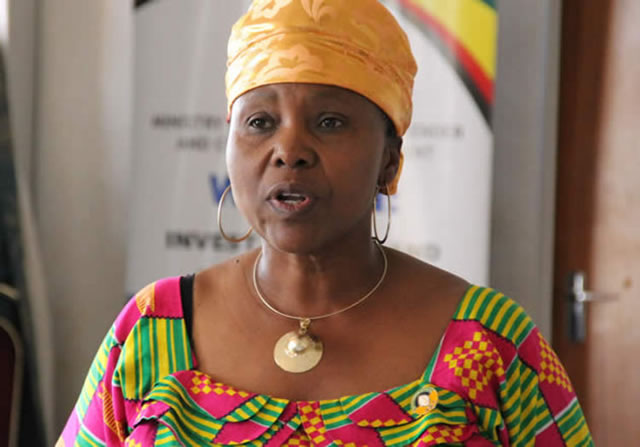‘Apex council a toothless bulldog’
Leonard Ncube Victoria Falls Reporter
THE Zimbabwe Teachers’ Association (Zimta) has said the Apex Council, a body that represents all civil servants, is now a toothless bulldog that is short-changing civil servants. Zimta held its 35th annual national conference in Victoria Falls last week where its leaders said the Apex Council is a fragmented body hence its failure to advocate for the improvement of civil servants’ conditions of service.
Addressing close to 300 teachers, Zimta president Paul Gundane said failure to harmonise and realign labour laws was a result of a weak Apex Council that could not force matters at the Joint Tripartite Negotiating Forum (JTNF) level.
“There’s still concern over collective bargaining in the civil service and what we do at JTNF doesn’t strengthen our position as workers’ representatives,” said Gundane.
This, he said, results in the employer making arbitrary decisions. The JTNF is a dialogue platform that brings together government, business and labour for negotiations.
The government workers go to the JTNF under the auspices of the Apex Council. Gundane said the body was too fragmented and as such could not speak with one voice.
“Apex has 13 unions eight of which are from the teaching field. These many unions are largely to blame for the confusion we’re witnessing which is disadvantaging civil servants,” he said.
“Apex council has maintained a loose structure that only congregates to come up with a position paper and that sometimes takes months.” Gundane said the Apex Council was a weak machinery that couldn’t pressurise government when it comes to issues of collective bargaining.
Zimta chief executive officer Sifiso Ndlovu, said the teachers’ organisation had decided to take a back seat because Apex was not serving a purpose. “Apex is now a charade because it’s not well organised and its structure is such that unions only convene when they meet as JTNF hence it remains a loose conglomeration,” he said.
“Apex is too weak because it has no legal force or constitution. It’s more like a memorandum of agreement with neither secretariat nor permanent residence.”
Ndlovu said as a way forward, individual unions should advocate for collective bargaining on a sector by sector basis.
“As Zimta our resolution to take a lesser role in leadership was to give ourselves space to deal with our issues than to have our key leaders locked in a barren grouping,” he said.










Comments